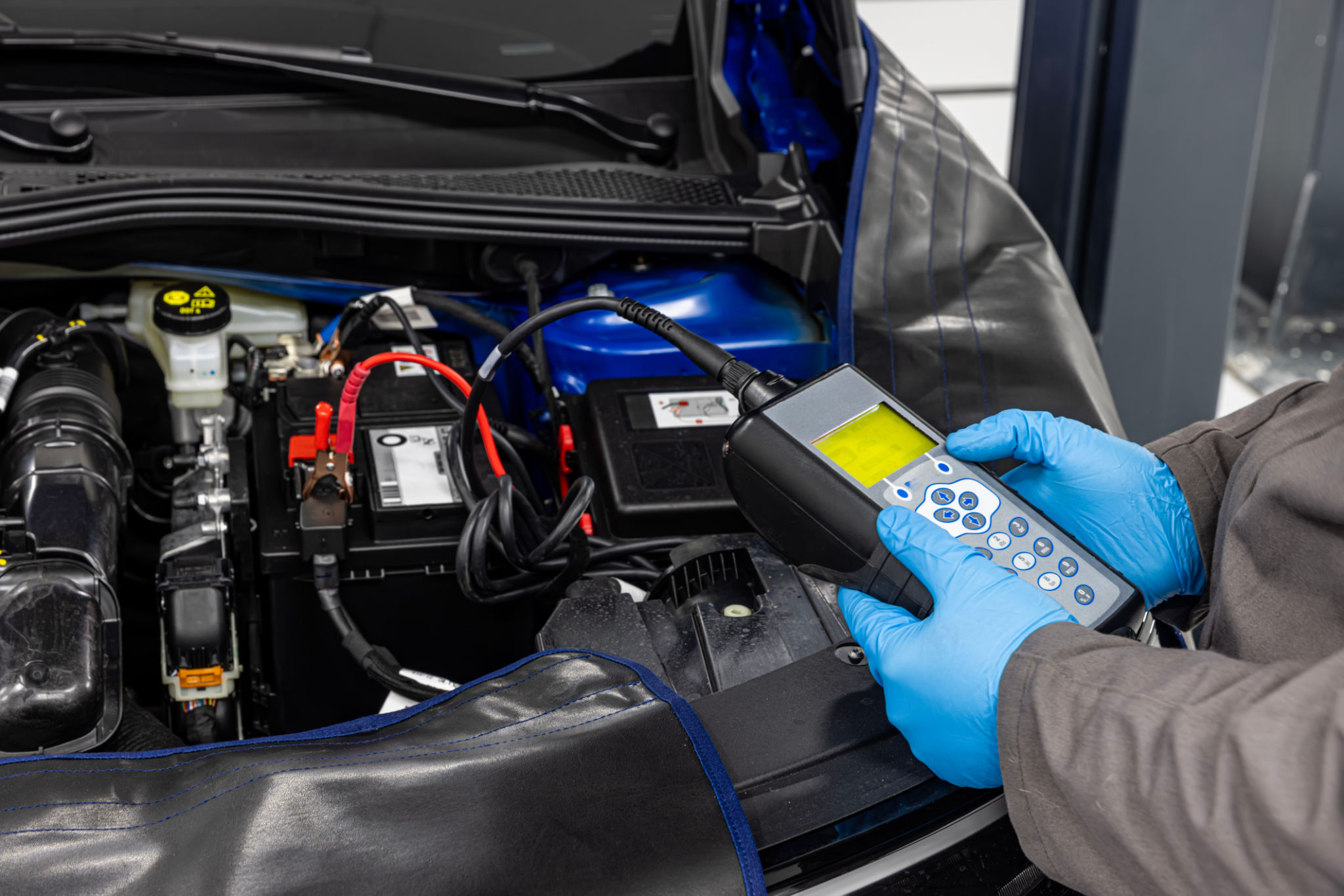Seasonal Car Care: Preparing Your Vehicle for Winter in the UK
Why Preparing Your Car for Winter is Essential
As the cold months approach, it becomes crucial to ensure your vehicle is ready to face the challenges of winter driving in the UK. From icy roads to heavy snowfall, winter can be harsh on cars, and preparing ahead can prevent breakdowns and accidents. This guide will walk you through essential steps to ensure your car is winter-ready.

Check Your Tyres
One of the most critical elements of winter car care is ensuring your tyres are ready for the season. Cold temperatures can cause tyre pressure to drop, leading to reduced grip and potentially unsafe driving conditions. Regularly check your tyre pressure and consider switching to winter tyres, which offer better traction on icy surfaces.
Inspect Tread Depth
The tread depth of your tyres plays a vital role in maintaining grip on slippery roads. The legal minimum tread depth in the UK is 1.6mm, but for optimal safety in winter, a depth of 3mm or more is recommended. Make sure to inspect your tyres regularly and replace them if necessary.
Battery Health Check
Car batteries are more likely to fail in cold weather due to increased demand from heaters, lights, and wipers. To avoid getting stranded, have your battery tested by a professional before the winter season fully sets in. If your battery is more than three years old, consider replacing it to ensure reliability.

Keep Battery Terminals Clean
Dirt and corrosion can impede your battery's performance. Regularly check and clean the terminals with a mixture of baking soda and water to maintain a strong connection and improve battery life during the colder months.
Fluids and Antifreeze
Fluids are the lifeblood of your vehicle, and keeping them at appropriate levels is crucial in winter. Pay particular attention to antifreeze, oil, and windshield washer fluid.
Top Up Antifreeze
Antifreeze prevents your engine from freezing and overheating. Ensure your coolant system is filled with the right mixture of water and antifreeze, typically a 50/50 ratio. Check the levels regularly and top up as needed.

Brakes and Lights Inspection
Winter conditions can lead to reduced visibility and increased stopping distances, so it's essential to ensure your brakes and lights are functioning correctly. Have a professional inspect your brakes for wear and tear, and replace any worn-out components.
Check All Lights
Ensure all of your vehicle’s lights are working correctly, including headlights, brake lights, indicators, and fog lights. Clean any dirt or snow off the lenses to maximize visibility. Replace any faulty bulbs immediately to maintain safety on the road.
Prepare an Emergency Kit
Despite all precautions, emergencies can still happen. Prepare an emergency kit with essentials like a blanket, flashlight, first-aid supplies, jump leads, de-icer, and a scraper. Having these items on hand can make a significant difference if you find yourself stuck or stranded in harsh conditions.
By following these tips, you can ensure that your vehicle is well-prepared for the winter months, helping you stay safe on the road while minimizing the risk of breakdowns. Careful preparation can make all the difference in enjoying a smooth and stress-free winter driving experience.
